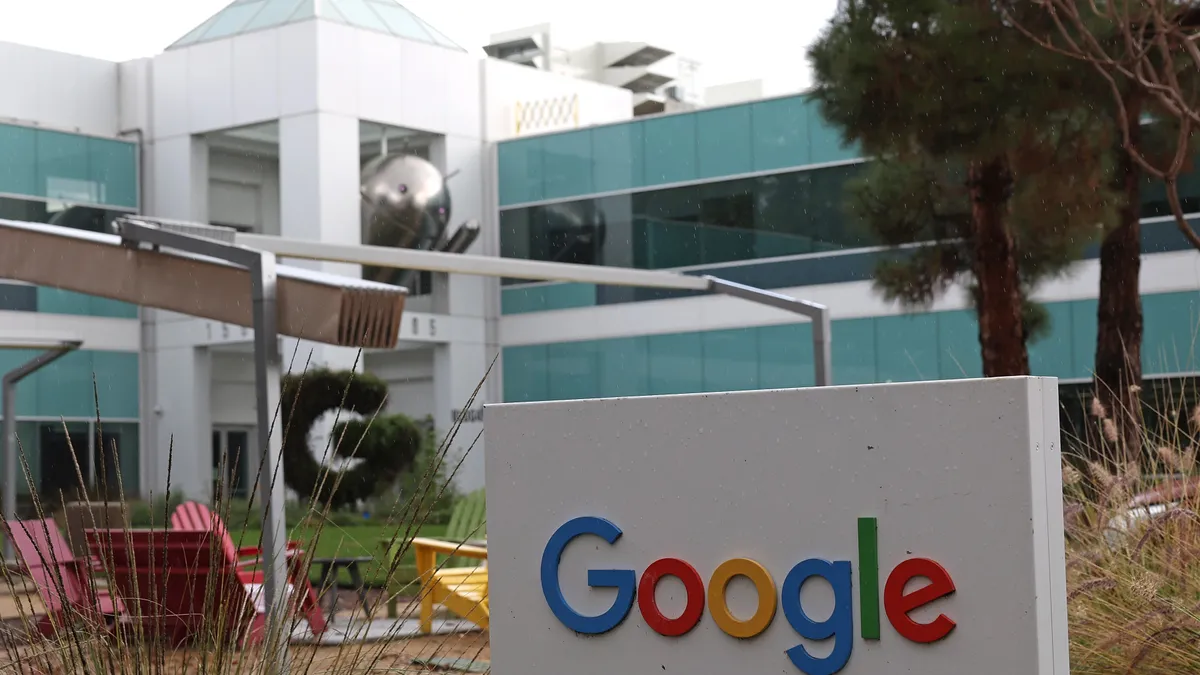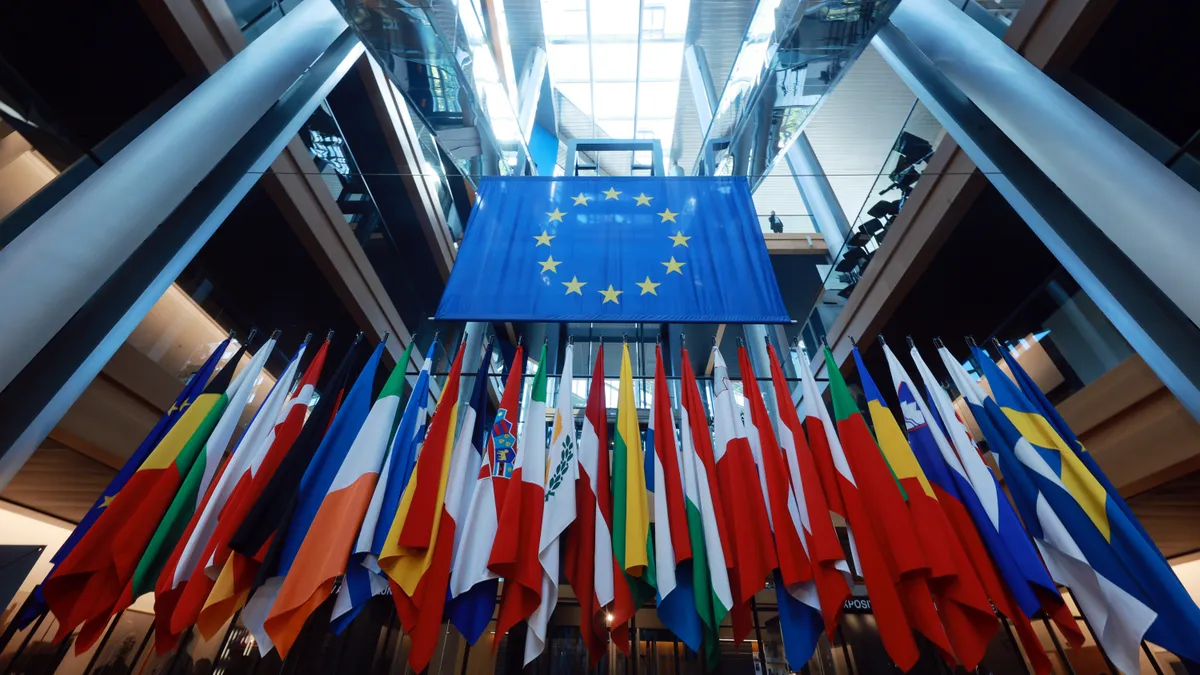Dive Brief:
- Salesforce introduced the second generation of its Agentforce platform on Tuesday, featuring a library of pre-built skills and workflow integrations.
- Salesforce said Agentforce 2.0 has enhanced reasoning and data retrieval capabilities allowing agents to respond to complex questions. Early Agentforce adopters include Accenture, IBM and Indeed.
- The full version of Salesforce’s agentic AI offering will enter general availability in February 2025, though certain features are available starting this month and next. Customers can begin deploying Agentforce 2.0 in Slack in January.
Dive Insight:
Salesforce is working to get enterprise buy-in on agentic productivity gains, pitching Agentforce 2.0 as the leading platform to manage digital workforces.
“What we need to really break through to the next level of productivity is agents that can take action,” Adam Evans, EVP and GM of AI at Salesforce, said during a Tuesday event. “Not like copilots that are reactive, but agents that can be proactive.”
SAP, Meta, Microsoft and Google have all leaned into messaging related to agentic capabilities and use cases as enterprise customers look for faster ROI.
While organizations are still grappling with generative AI adoption and implementation, leaders already have their eyes on the next step. More than 4 in 5 executives plan to deploy agents within the next three years, according to a July Capgemini survey.
Salesforce has responded to early interest. The vendor closed 200 Agentforce deals in a week with thousands more in the pipeline, CEO Marc Benioff said during an earnings call earlier this month. FedEx, Saks Fifth Avenue and World Market are among the platform’s initial wave of enterprise users.
Salesforce plans to add around 2,000 sales workers to promote the platform, Benioff said during the event Tuesday.
“Digital labor is the new horizon for businesses,” Benioff said Tuesday. “How we architect our businesses, run our businesses, staff our businesses and think about our businesses will never be the same.”
The potential applications span industries and job functions, but analysts warn enterprises could struggle without mature security and governance. By 2028, Gartner predicts AI agent abuse will be the culprit in around one-quarter of enterprise breaches.
Industry experts expect the agentic AI workforce to double in the next year. Executives will have to adjust to managing teams, composed of agents and human workers. Enterprises have yet to determine how to address the challenge.















